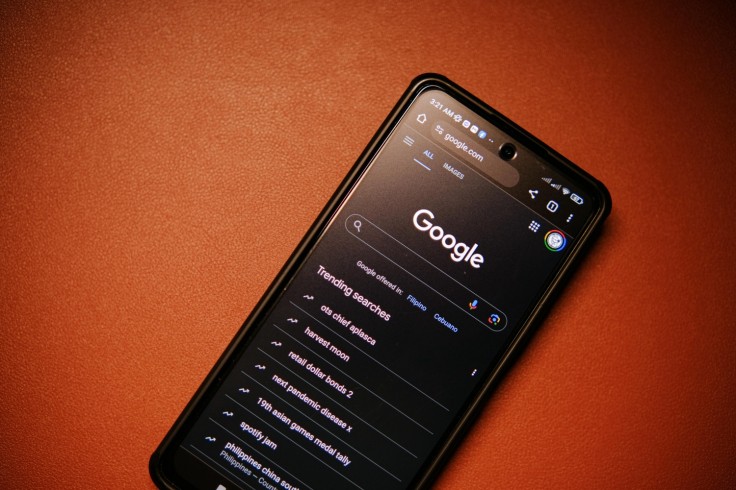
Google teased a new AI-powered camera feature and released it in a short video over social media. The new feature coming to Google's camera looks like it will greatly enhance the company's visual recognition powers. A new one, such as this, is likely to be a marriage between what Google Lens has and something real-time with AI-powered contextual understanding-signaling big improvements in mobile AI tech.
Real-Time Contextual Recognition
The teaser video displays a Pixel, or rather, its camera, scanning the configuration for the Google I/O keynote stage. In parallel with what the scene is being described, a voice command activates the AI to understand activities taking place.
The AI answers appropriately with the description of the scene: "It looks like people are getting ready for a large event, perhaps a conference or presentation." It also recognizes the "IO" letters as a part of Google's developer conference and says that there are "new advancements in artificial intelligence". Further, there is a corresponding text transcript on the screen, making the accessibility and clarity even better.
One more day until #GoogleIO! We’re feeling 🤩. See you tomorrow for the latest news about AI, Search and more. pic.twitter.com/QiS1G8GBf9
— Google (@Google) May 13, 2024
As for the prototype, with its real-time contextual descriptions, it features a step forward from Google Lens, which traditionally works with the identification of objects, landmarks, and text in images. This, though, makes dynamic, multimodal dialog with users-a bit of déjà vu of what is now implemented in the latest Meta smart glasses.
Better AI integration on Pixel devices
What is particularly interesting is the choice of showing this prototype on a Pixel device. Google typically showcases cutting-edge AI features with its Pixel lineup before enabling them more widely. This further raises the desirability of Pixel phones and guarantees Google the chance to iteratively refine its AI technologies by using direct user feedback.
The voice commands and visual recognition are so tightly integrated that the feature is seamless and naturally intuitive. With this, users are going to ask questions and get immediate, contextually relevant information back, placing Google's AI within a more interactive, intelligent-assistant stance. That would vastly boost the utility of smartphone cameras, which will turn into sophisticated tools for information retrieval and interaction in real time.
Competitive landscape and market implications
Google is strategically early in its disclosure because OpenAI has just shown that its model, GPT-4o, could do things along a similar vein. That timing underscores the competitive nature of AI development, with leading tech firms racing to bake in more powerful, user-friendly AI features into their products.
The new camera-based AI feature is going to make Google even stronger in the AI market, especially if it works as promised through in-the-moment, real-time interaction. In such a manner, with the use of AI to set Google's hardware apart from the competition, such developments will make Pixel devices ever more attractive to an ever wider base of users.
Most importantly, such a feature in the camera experience aligns with broader industry trends toward multimodal AI, where a system can process and respond to any number of input types, be it text, voice, or visual data. As Google I/O kicks off tomorrow, May 14, attendees and viewers can look forward to a full overview of this and other AI innovations.
In more light of the conference, it will be illuminated how this will play out with Google's entire ecosystem and the kind of applications it can be put into use for in our everyday lives. It is very exciting to see new development from Google that will make smart devices not only smarter but more intuitive, thus bringing technological transformation.
Engadget will be on the ground in Mountain View, ensuring fans of Google's latest work get minute-to-minute updates and blow-by-blow analysis. And seeing as we're expecting the big reveal, there's good reason to believe that Google will be making huge strides in AI-led user experiences.
It is a forum where Google unveils to the world what it has been up to technologically: latest technologies, software updates, and a peek into future projects which are up for making. The conference is developer- and professional-oriented, making it the best occasion to attend plenary sessions and to dive into the technical hands-on for the future of the Google ecosystem.
Related Article : Google Enhances Two-Factor Authentication Setup Process Puts Users More In Control
© Copyright 2025 Mobile & Apps, All rights reserved. Do not reproduce without permission.


















